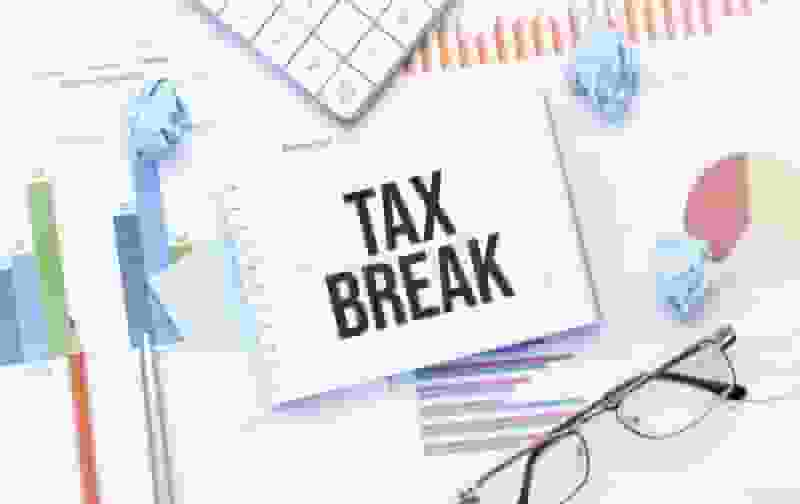Inflation and Outdated tax breaks
Taxpayers in the United States are bracing themselves for smaller tax refunds in 2023 due to the combined effects of inflation prices and outdated tax breaks.

Inflation has continued to rise, causing prices to increase, which means that tax refunds will not keep up with the cost of living. This situation results in lower purchasing power for taxpayers. According to a published article, many tax exemptions and reductions have not been updated to the new cost of living, and this makes them less valuable than they used to be.
Impacts of outdated tax breaks on tax refunds
There are several outdated tax breaks from the Federal government that have not been adjusted, leading to the devaluation of tax refunds.
READ ALSO: Maximizing Your Bonus: Navigating Taxes and Payment Obligations Easily
One of the most affected aspects is the price of mortgages. As interest rates went up to tackle inflation, many people saw that they had to pay a lot more for their mortgages. However, tax deductions for mortgage debt of up to 750,000 dollars have not been linked to inflation, making it difficult for taxpayers to benefit from them.
The Medicare tax exemption is another area where outdated tax breaks affect tax refunds. Taxpayers may have to pay this tax if their earnings exceed the threshold limits. As these thresholds do not go up with inflation, more people end up paying this tax. This means that they also receive a lower tax refund since they have to pay Medicare tax. Those who sell their homes may also experience a reduction in their tax refunds, as the exclusion from their taxable income is limited and does not account for the rising prices.
The State and local tax deduction is another example of outdated tax breaks that affect tax refunds. It is not indexed either, making it less relevant and not boosting tax refunds. These are just a few examples, but investors may also be affected by other outdated tax breaks.
In conclusion, the combination of inflation prices and outdated tax breaks is causing tax refunds to decrease in value. Taxpayers should be aware of the tax breaks that have not been updated to the new cost of living and how they can affect their tax refunds. It is essential to keep track of these changes to avoid any negative impacts on personal finances.
READ ALSO: $250 New Tax Credit for 2023: Check For Eligibility Here!



